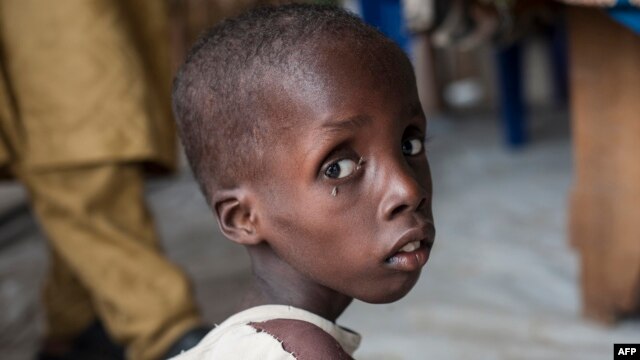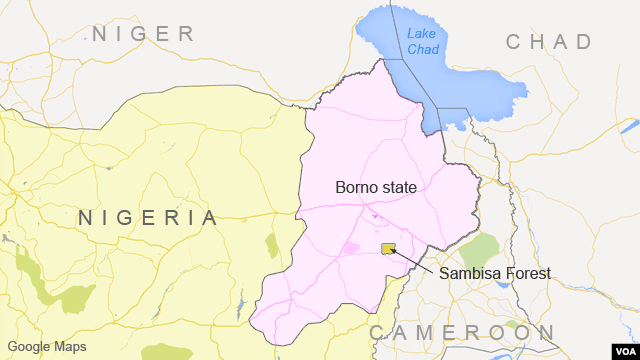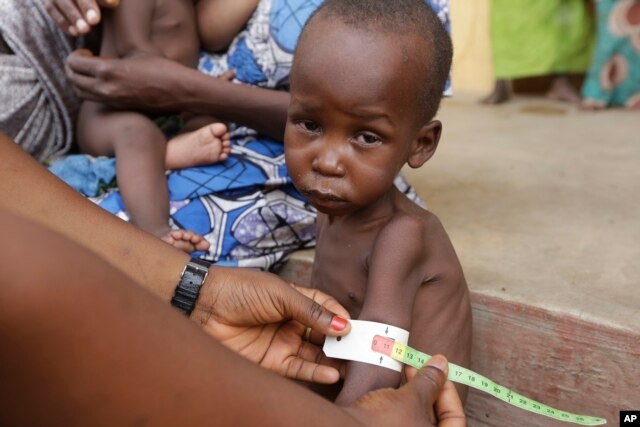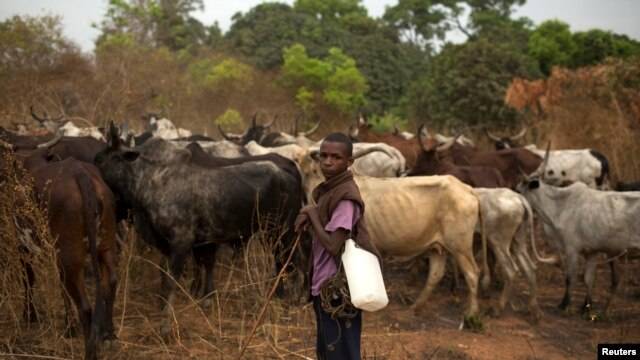- Banned
- #1
As Nigeria awaits the official certification as an Ebola-free country by the World Health Organisation (WHO) after it successfully contained the outbreak of the deadly viral disease, fears are rife that some visible lapses in the preventive efforts could reverse the gains made in this regards.
This is the outcome of investigations carried out by Sunday Independent, which revealed that the Federal Ministry of Education could be the culprit here.
Source: Why Ebola Virus Resurgence in Nigeria May Likely Occur Soon - eReporter
This is the outcome of investigations carried out by Sunday Independent, which revealed that the Federal Ministry of Education could be the culprit here.
Source: Why Ebola Virus Resurgence in Nigeria May Likely Occur Soon - eReporter






